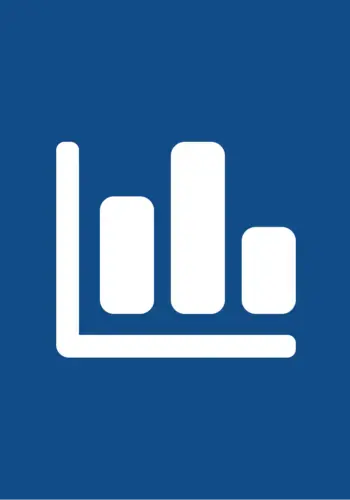Citizens in Serbia have expressed positive attitudes toward the country’s handling of the Covid-19 crisis as the country approaches parliamentary and local elections on June 21.
Sixty-one percent surveyed believe that Serbia is heading in the right direction, with particular approval of curfew and other policies implemented to stem the spread of the virus (72 percent believe that the curfew was justified). Citizens continue to prioritize economic issues. (A combined total of 62 percent cite an economic issue as a top concern.)
“Citizens are looking for political parties or movements genuinely interested in engaging with them and making their lives better. The fact that people emphasize party platforms in deciding whom to vote for demonstrates an urgent need for the parties to show how they would govern Serbia based on public priorities,” said NDI/Serbia Project Director Wim Borremans.
Many of those surveyed are able to elaborate potential challenges to the electoral process. Forty-eight percent define vote buying as bribery or gift-giving in exchange for a vote. Thirty percent define free media as reporting about everything without pressure; 20 percent see it as objective or true reporting.
China saw a temporary increase in favorability in March (82 percent), but by May this had returned to alignment with historic levels of support (67 percent). In contrast, in late March support for EU membership dropped to a historic low: 36 percent. This, too, returned to its historic norms in May (50 percent). Support for actors like NATO, the United States, and Russia did not change significantly in March or May.
“Russia and China received a noticeable, if perhaps temporary favorability ‘bump’ in the research coincident to widespread media coverage of their Covid-19 assistance, vis-a-vis that of the EU., which saw a relative decline in favorability.”, said Marko Ivkovic, NDI/Serbia Director.
The research was conducted from March thru May 2020. It was co-funded by the U.S. Agency for International Development and the National Endowment for Democracy. The contents of this research are the sole responsibility of NDI and do not necessarily reflect the views of USAID, NED, or the United States Government.

